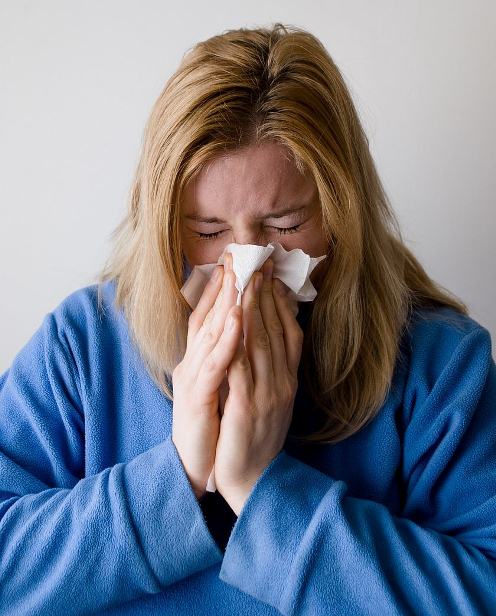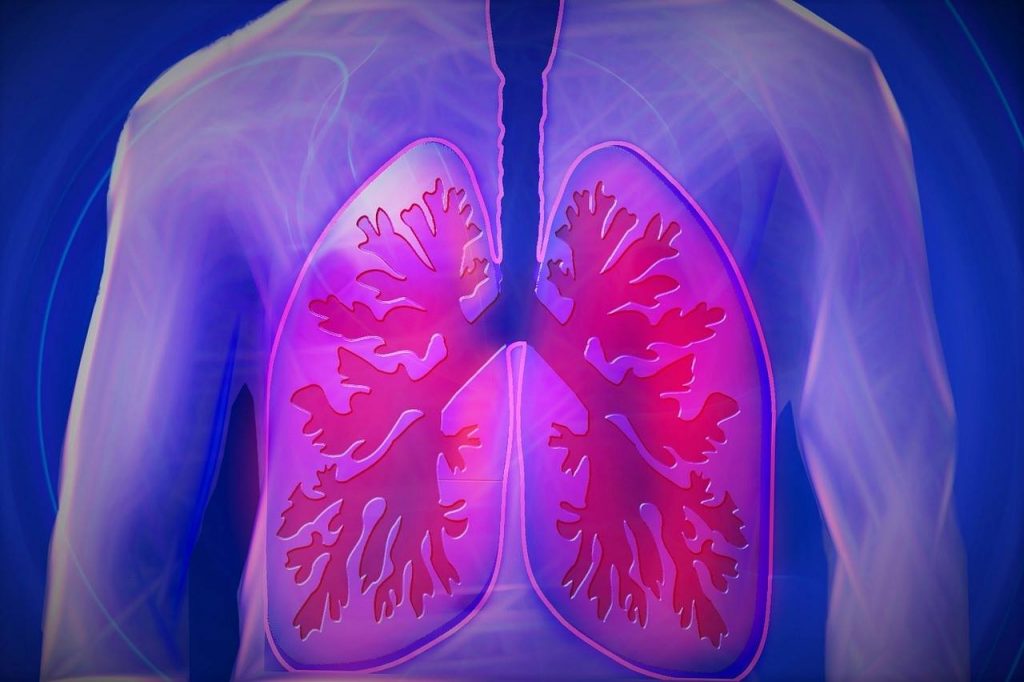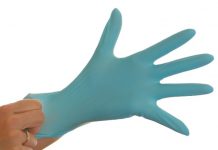 Travel is a part of life, love it or hate it. It could be a vacation, a family gathering, business trips, or a natural disaster requiring evacuation. One thing all travel has in common is that we often get so caught up in the journey that we forget about the critical parts of our daily routines.
Travel is a part of life, love it or hate it. It could be a vacation, a family gathering, business trips, or a natural disaster requiring evacuation. One thing all travel has in common is that we often get so caught up in the journey that we forget about the critical parts of our daily routines.
It’s no big deal for most things. If we forget razors, toothpaste, or socks, there is always someplace within walking distance to buy more or else we can go without for a couple of days. For people living with asthma, the stakes are a little higher.
Forgetting an inhaler can have significant consequences, and not researching a destination’s air quality and access to medical care can be a nightmare in the making. So, no matter how distracting a reason for traveling may be, there are some basic do’s and don’ts to remember before going on that trip.
Research Your Destination

Every place is different from home, especially when foreign travel is involved. Check out the basics like a destination’s general air quality, pollution level, allergens, and weather. If there is an element that triggers your asthma, plan for it.
Also, check out the level of medical care available in the area and access to vital medications. Have your doctor or PCP send over a prescription to a local pharmacy for those “just in case” emergencies. Also find out which area hospitals, doctors, and pharmacies take your insurance. If none of them take your insurance, there are a lot of sites out there where you can save on Symbicort or other prescription drugs.
Travel with a Friend
Having someone with you who knows what to do if a severe asthma attack occurs can be lifesaving. This isn’t always an option, however. If you are traveling alone, let hotel staff or anyone you are meeting know about your asthma and tell them what you need them to do, if an emergency occurs.
Check Your Meds & Devices

Make sure that all you have enough medication to last the whole trip, and maybe a few days extra in case of canceled flights or other delays. Checking that devices like inhalers and CPAPs are clean and in good working order can prevent a costly and unnecessary emergency.
Bring some Extras/Spares
Stowing away a backup inhaler and extra meds (in a different place besides where you carry your primaries) is an excellent way to make sure that you are never left in a lurch. Travel can be chaotic and hectic, and even essential items can get lost or misplaced easier than you think – even for seasoned travelers.
Also, keep your primary meds on you, like in a carry-on during a flight. The last thing you want is for your meds to get sent to the wrong city. And don’t worry about the TSA rule about the amount of liquid you’re allowed to carry on. Medication is exempt, though it will need to be screened.
See Your Doctor Before You Go

Get a physical and see if you need a change in treatment, especially if it’s been a while since your last visit. Discuss the trip and see if there are any modifications required to your treatment, or if there are other concerns or dangers that you may not be aware of. Your doctor can also give you good advice on how to plan for emergencies.
Update Your Immunizations
Getting sick is never pleasant, and even worse when traveling. Make sure all your immunizations are up to date and see if there are any boosters you might need. A flu shot is particularly important during flu season. And if your plans involve foreign travel, check and see if there are any specific immunizations you might need that aren’t a big deal at home.
Keep Your Insurance and Vital Info Handy
Most people keep their insurance info with them, but there are a few who leave it somewhere safe in case they misplace their wallet or purse. If you’re one of those, make sure you take your insurance card with you on any trip.
Your vital information, including a list of medications and medical conditions, should also be a part of this plan. A medical alert bracelet or even a list on paper in your pocket is an excellent place to start. One reminder for a list though. Either print it off or make sure your handwriting is neat.
Prepare for How You Travel
Different modes of transport will expose you to various allergens and triggers. Keep that in mind when planning your trip. An airplane will always be a tube of germs ready to smack you down with a cold, and a long road trip will take you across several regions each with their air quality and pollen counts.













